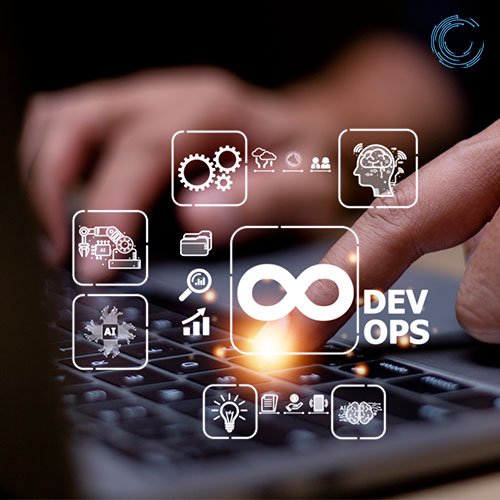Kubernetes Unveiled: Your Friendly Guide to Container Orchestration
In today’s rapidly evolving digital landscape, applications are becoming increasingly complex, often broken down into smaller, independent units called containers. While containers offer fantastic portability and efficiency, managing them at scale can quickly become overwhelming. Imagine trying to juggle dozens, hundreds, or even thousands of these containers! | Kubernetes Guide That is where Kubernetes swoops in – like a skilled orchestra conductor, it orchestrates your containers, ensuring they work together harmoniously. What Exactly Is Kubernetes? At its core, Kubernetes (often abbreviated as K8s) is an open-source platform designed to automate the deployment, scaling, and management of containerized applications. It abstracts the complexities of container orchestration, allowing developers and operations teams to focus on building and delivering applications without getting bogged down by infrastructure concerns. Key functionalities include: Why Should You Care About Kubernetes? Understanding the “why” is just as crucial as the “what.” Kubernetes offers a plethora of benefits that address common challenges in modern application development and deployment. Enhanced Scalability Kubernetes allows applications to scale effortlessly. During a traffic surge, it can automatically spin up additional container instances to handle the load and scale down when the demand subsides — ensuring cost-effective resource utilization. Improved Reliability and Resilience Designed with fault tolerance in mind, Kubernetes can detect when a container or even a server fails and automatically reschedule or replace the affected containers, minimizing downtime and ensuring continuous availability. Increased Efficiency and Resource Utilization By intelligently allocating resources to containers, Kubernetes ensures optimal utilization of the underlying infrastructure, leading to significant cost savings and improved performance. Simplified Deployments and Updates With features like rolling updates and rollbacks, Kubernetes streamlines the deployment process, allowing teams to release new versions confidently and with minimal disruption to users. Vendor Agnosticism and Portability Being open-source, Kubernetes can run on various cloud platforms, on-premises, or in hybrid environments, providing flexibility and avoiding vendor lock-in. Faster Development Cycles By automating many operational tasks, Kubernetes frees up development teams to focus on writing code and delivering new features, accelerating the overall development lifecycle. Real-World Success Stories To truly grasp Kubernetes’ impact, let us explore how leading companies have leveraged it to solve real-world challenges. Spotify: Streamlining Deployments and Developer Productivity Spotify transitioned to Kubernetes to manage its sprawling microservices architecture. The shift allowed them to reduce deployment times, boost developer autonomy, and implement tools that enabled engineers to spin up temporary environments for faster testing and feedback. Kubernetes helped them integrate with legacy systems while modernizing their infrastructure. Airbnb: Achieving Massive Scalability and Efficiency Airbnb adopted Kubernetes to support its growing platform needs. The engineering team created internal tools to simplify configurations and deploy services consistently. With Kubernetes, Airbnb supported thousands of engineers, running hundreds of services across thousands of nodes — ultimately achieving over 125,000 deployments a year and cutting millions in infrastructure costs through smarter resource utilization. Netflix: Ensuring High Availability and Seamless Scaling Netflix, with its massive global user base, turned to Kubernetes to help manage complex microservices and ensure high availability. Kubernetes enabled automatic scaling based on real-time traffic, seamless deployments using canary releases, and minimized the risk of downtime during high-demand periods like new content launches. Core Concepts: Getting Familiar with Kubernetes Lingo Kubernetes comes with its own ecosystem of terms. Here are a few essentials to help you navigate: Taking Your First Steps with Kubernetes If you are new to Kubernetes, do not worry — you can ease into it with the right tools and resources. The Journey Ahead Kubernetes is more than just a buzzword — it is a transformative technology redefining how we build, deploy, and manage applications at scale. While the ecosystem can seem overwhelming at first, taking the time to understand its core principles can unlock immense value for developers, operations teams, and businesses alike. Whether you are streamlining deployments, optimizing infrastructure, or building highly resilient systems, Kubernetes provides the tools and framework to help you succeed in a cloud-native world. Start small. Experiment. Break things. And most importantly — keep learning.
Kubernetes Unveiled: Your Friendly Guide to Container Orchestration Read More »







